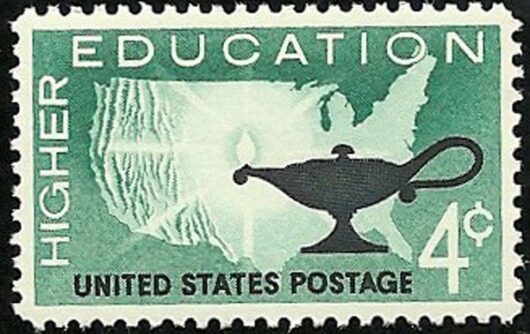 School has begun, and with it renewed debate about the value higher education: its cost, benefits, and hazards. Most readers of INMED Blogs have already achieved a degree, so is the subject closed? Not at all. Instead, we graduates are often tempted by the possibility of even MORE higher ed.
School has begun, and with it renewed debate about the value higher education: its cost, benefits, and hazards. Most readers of INMED Blogs have already achieved a degree, so is the subject closed? Not at all. Instead, we graduates are often tempted by the possibility of even MORE higher ed.
Case in point: I had a bachelor’s degree, achieved a medical degree, and was next interviewing to be a resident physician. The program director asked about my career plans. At his invitation, I shared my convictions about the world’s most poor, and my desire to serve among them. “Well then, you certainly don’t need residency training,” he responded. “Just go now.” His message was very clear: caring for low-income people does not require the same skill as for higher income people – also implying that the former individuals are not as valuable. But I was undeterred, going on to complete residency training and then an advanced degree in public health.
Why would healthcare professionals consider further expanding their education? Consider these rationale:
People whom we want to help may have needs for which we do not yet have skills. Erin LaRoe is an American nurse with a vision for serving in Uganda. Realizing she had no expertise in managing malaria, birth complications, or profound malnutrition, Erin completed the Master’s Degree in International Health to fill in those gaps.
Students who want to learn from us may have questions for which we do not yet have answers. Michael Schick is emergency medicine physician overseeing global health training at University of California-Davis. In response to his students inquiries, Dr. Schick discovered his shortfall in knowledge and experience, prompting him to apply for the Graduate Diploma in International Medicine and Public Health.
Our own curiosity may compel us to pursue more higher ed. Jordan Crawford is a physician assistant fascinated by finding solutions to the challenges within low-resource and cross-cultural healthcare. For a deep dive into this field, Jordan earned the Graduate Certificate in International Medicine and Public Health.
Will additional higher education increase our monetary income? Perhaps not. But more higher ed will likely give us better skills to serve humanity, increased ability to guide our learners, and will help direct our curiosity towards finding solutions that honors the value of all people – especially those most in great need.
